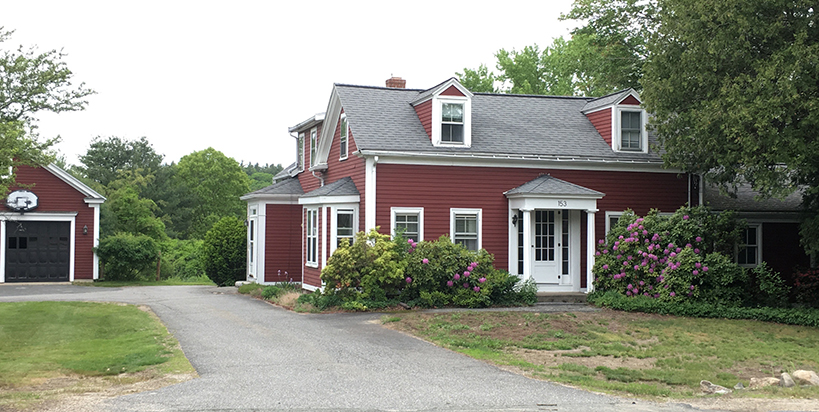 As part of its work to revitalize Lincoln’s commercial downtown, the South Lincoln Planning Implementation Committee is seeking funds to hire a consultant to do a feasibility study of relocating the Department of Public Works site on Lewis Street.
As part of its work to revitalize Lincoln’s commercial downtown, the South Lincoln Planning Implementation Committee is seeking funds to hire a consultant to do a feasibility study of relocating the Department of Public Works site on Lewis Street.
“Every time we peel that onion back and look at South Lincoln, the subject of that site comes up,” Town Administrator Tim Higgins commented at the June 12 Board of Selectmen meeting. “They feel it’s a due-diligence item to either rule possibilities in or rule them out, because it may bear on the rest of the South Lincoln area. If you think the DPW site is in play, it takes our thinking in a certain direction.”
About 10 years ago, DPW officials were asked to evaluate other possible locations for their trucks and other equipment, and they determined that the transfer station was the only other feasible site on town-owned property. The new study will seek to “expand the aperture” and look at other options such as co-locating some DPW functions on land owned privately or by MassPort near Hanscom Field, for example.
There’s quite a bit of town-owned land in Lincoln, but most of it is under conservation restriction. However, it’s theoretically possible to “swap out” other land “if there’s an appetite in town for freeing up the DPW site for a different kind of development,” Higgins said.
But resident Robert Domnitz, a former Planning Board member and co-founder of the Northside News, indicated there might be resistance to moving the DPW to the north side of town. “This needs to not be a dollars-and-cents, square-footage exercise, but a sense of what the folks up there would like to see happen or not happen,” he said at the selectmen’s meeting.
One idea that’s come up is moving the transfer station to the Lewis Street site instead of vice versa. “The transfer station is probably the most social place in town,” Domnitz said, and having it in South Lincoln “would bring hundreds of customers to the area.”
Other topics discussed at this week’s Board of Selectmen meeting (summary courtesy of former Selectman Peter Braun):
- The board interviewed four of the eight candidates who asked to be considered to be appointed as at-large members of the Community Center Planning and Preliminary Design Committee. Selectmen plan to appoint four at-large members at its next meeting after interviewing the other candidates.
- The board voted to appoint Lawrence Buell to the open seat on the Conservation Commission.
- The board interviewed Evan Gorman and Bijoy Misra for the two vacant elected seats on the Housing Commission. In accordance with statutory procedures, the board and the Housing Commission jointly make the appointments for the remainder of the vacant terms.
- The board discussed with school officials how and when to coordinate the hiring and interaction of the architectural consultants who will advise the School Building Committee and the Community Center Planning and Preliminary Design Committee.
- Town Administrator Tim Higgins noted that the public event to celebrate completion of the Rt. 2/Crosby’s Corner project will take place at the lower parking lot of The Commons In Lincoln at 10 a.m. on Friday, June 16.



